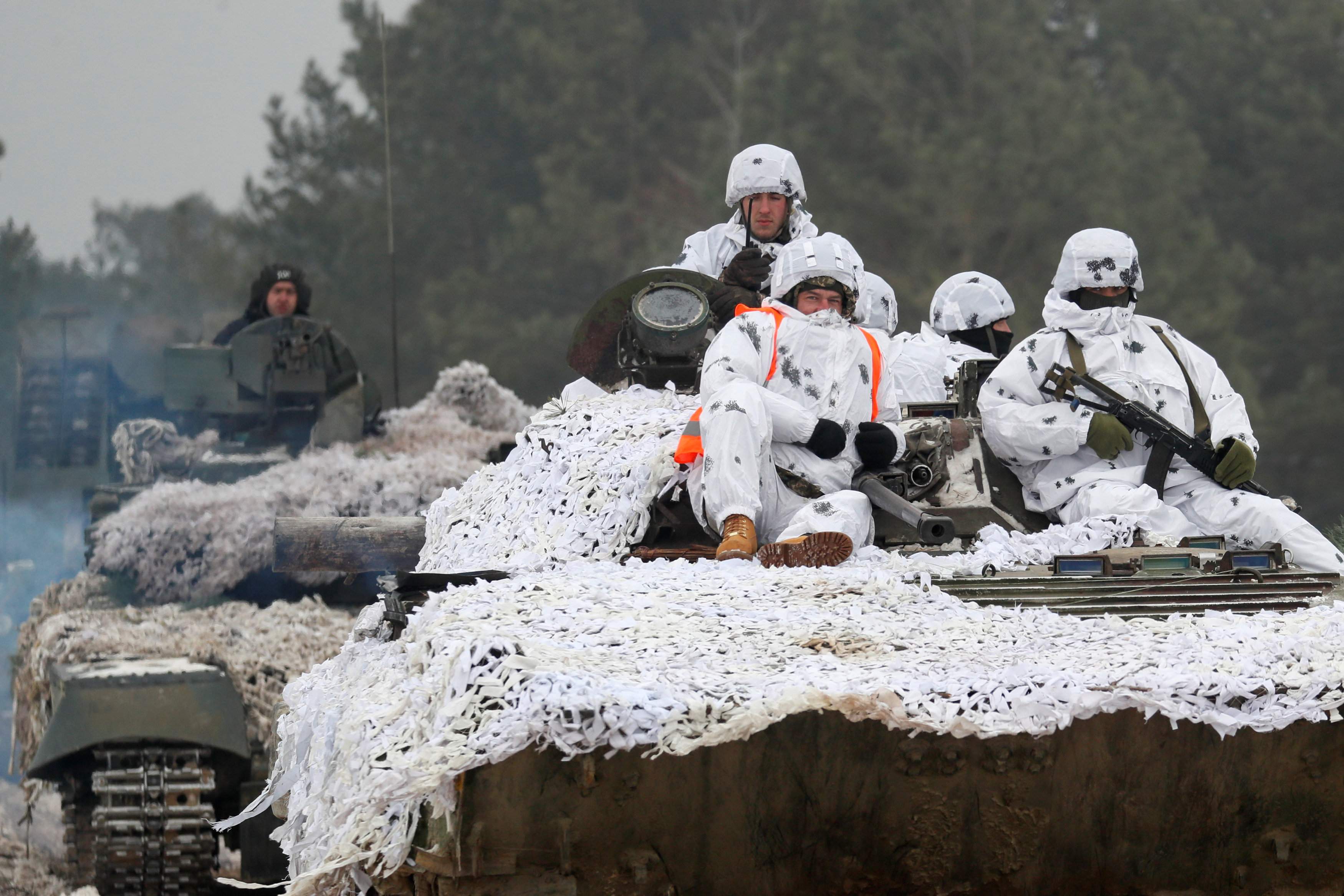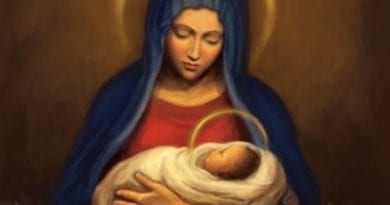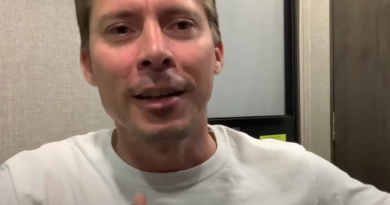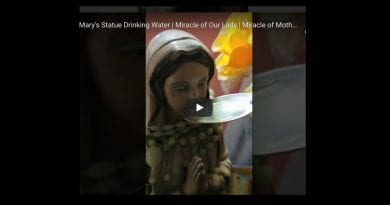Fatima Secret Unfolds in Ukraine “a Fateful Timetable”: Church drama deepens amid signs of military escalation in Ukraine
Fr Malachi Martin
The reader of the Third Secret of Fatima, Malachi Martin, said the Fatima Secrets involves Russia and Ukraine. In his book, The Last Prophet, Malachi Martin wrote that “The Salvation for the world, will start in Russia”, and he was convinced that the Triumph of the Immaculate Heart of Mary was tied to events involving Russia. Sister Lucia’s single-page letter of the “Third Secret” covers three topics—
1. A Physical chastisement of nations
2. A spiritual chastisement
3. The central function of Russia in the two which in fact, the physical and spiritual chastisements are to be girded on a fateful timetable in which Russia is the ratchet.
Russia´s role in the Vision of Fatima is very important because if we´re to believe the Vision of Fatima, salvation for the world, the cure for the world ills, will start in the Ukraine and in Russia, and that was why the Virgin in the Fatima vision of 1917 was supposed to have spoken actively about Russia and that Russia first of all has to be cured of her errors and then she will help the entire world to get better and to cure itself of its sins. It´s a very bizarre message in that sense because one would have said that salvation was going to come from the West as we always think because we are Westerners, but no, according to the message of Fatima, salvation will come from the East, and particularly, from Ukraine and from the State of Russia itself, which is extraordinary.
by Jonathan Luxmoore for The Tablet
A Ukrainian Catholic source said the military incidents were widely believed to be linked to the current church dispute

Ukrainian soldiers pitcured during military exercises Dec. 3 in the Ukrainian ground forces training centrenear Honcharivske
Photo: CNS photo/Valentyn Ogirenko Shevchuk
The Ecumenical Patriarch has defended his decision to grant Ukrainians a self-governing Orthodox church, as Russian Orthodox officials accused him of inflaming a new confrontation between Kiev and Moscow.
“Historical facts are as they are, and we believe in an intellectually proper and honest interpretation of history,” said Bartholomew I of Constantinople. “The issue of Ukrainian church independence has always worried and perturbed some Orthodox, but we think granting autocephaly is right, and that Ukrainians have a right to church independence.”
The Istanbul-based patriarch, who is honorary primate of the world’s 300 million Orthodox Christians, spoke at a weekend meeting of Orthodox parliamentarians from 21 countries, after the Ecumenical Patriarchate’s Holy Synod gave final approval on 29 November to a decree setting up a separate Ukrainian church. He said many of Ukraine’s 40 million Orthodox Christians had already lived for a quarter-century in conditions of “absurd schism”, and were entitled to their own church, just as Russians had been in the sixteenth century and much smaller Polish and Czechoslovak communities in the twentieth.
However, the claim was rejected by Russian participants at the meeting, as well as by the Moscow Patriarchate, which accused the 78-year-old Bartholomew of contributing to “international destabilisation of the Black Sea region” and impeding hopes of reconciliation in Ukraine’s separatist-controlled eastern Donetsk and Luhansk territories by weakening the country’s Moscow-linked Orthodox church.
“He gladly participates in escalating Russian-Ukrainian relations by undermining the only institution with peacekeeping potential”, the Patriarchate said in a 30 November statement. “Both the Russian and Ukrainian publics, and perhaps also sensible people in each country’s political elite, must wonder whether their Turkish partners realise what consequences this man’s actions are having”.
The exchanges coincided with renewed military tension in eastern Ukraine’s border provinces, where martial law was imposed last week after a naval clash triggered fresh fears of a Russian invasion and blockade of the country’s large Mariupol and Berdyansk ports in the Azov Sea.
A Ukrainian Catholic source, who asked not to be named, told The Tablet the military incidents were widely believed linked to the current church dispute, and were intended by the Kremlin “to send a clear signal that Ukraine is not fully independent and therefore not entitled to its own church”. Meanwhile, the chancellor of the Catholic Church’s eastern Kharkiv-Zaporizhia diocese, Mgr Grzegorz Semenkov, said local parishioners in Mariupol and Berdyansk were “in a state of panic”, with many considering a new attempt to leave the country.
Speaking on Monday, the president of Ukraine’s Verkhovnaya Rada parliament, Andrey Parubiy, said Kiev’s Saint Sophia cathedral would be the natural seat of the new church, which is expected to elect a patriarch and formally receive its “tomos of autocephaly” at a “unification assembly” later this month.
Ukraine’s Greek Catholic bishops, who combine eastern rites with loyalty to Rome, said Ukrainians had a “right and sacred duty” to defend their country against the latest “open manifestation of aggression from the Russian Federation”, but should also “not give rise to alarm, particularly from those trying to sow panic”.




